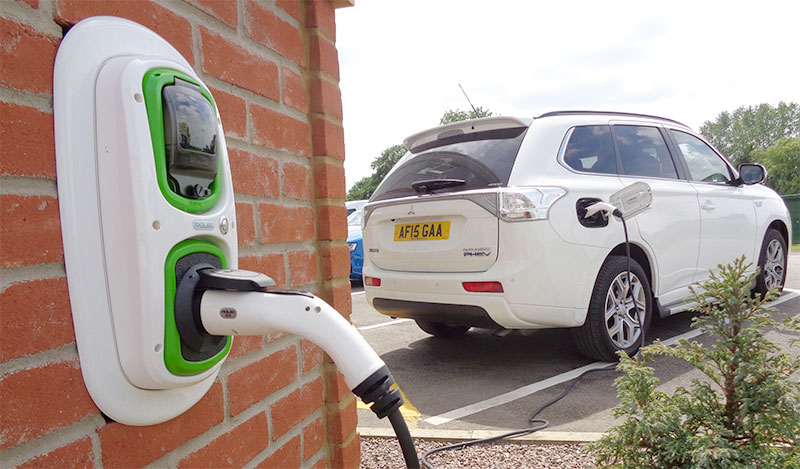India’s Vellore Institute of Technology (VIT) and the PSG College of Technology have teamed up with the UK’s Loughborough University on a project in Tamil Nadu that centres around the conversion of a conventional Indian four-wheeled vehicle from combustion to battery electric.
The research, funded by the Royal Academy of Engineering and led by VIT, will focus on developing battery-powered propulsion systems that can withstand high temperatures.
Some of the intelligent solutions the research team will explore include the use of phase change materials (materials that can change from one state to another (solid, liquid or gas)), refrigeration-based cooling systems and temperature resilient battery chemistry.
The converted vehicle will be used as a research testbed and teaching tool to better understand the demands of electric vehicles in India.
Professor Rui Chen, Professor Jin Xuan and Dr Ashley Fly, of the School of Aeronautical, Automotive, Chemical and Materials Engineering will provide expertise in the operation and management of lithium-ion batteries, environmental test facilities for battery modules and advanced battery analysis techniques.
They will be responsible for battery testing and characterisation in the electric vehicle development and will perform tests in an environmental chamber (an enclosure used to test the effects of specified environmental conditions on industrial products and electronic components) to replicate the challenging Indian climate.
Designing for long life
Electric vehicles are currently the most promising alternative to combustion engines, which burn fossil fuels, but the technology performs poorly in countries with hot climates, like India.
This is because lithium-ion batteries used in electric cars work best at around 25°C and degrade faster at high temperatures, reducing their lifetime.
India can reach 45°C in summer and, as a result, batteries can be rendered useless after just a couple of years.
Professor Chen, Professor Xuan and Dr Fly hope the collaborative international project will help the 1.3 billion-strong country increase clean vehicle uptake, improve urban air quality and meet carbon emission targets.
Dr Fly said: “Developing electric vehicles for the Indian climate is particularly challenging as the ambient temperature is often already above the ideal operating temperature of the battery, which can significantly reduce the battery’s lifetime.
“When our smartphones get too hot from being left in the sun, they notify us to move them into the shade. This is often not an option with a whole vehicle, so instead, we need to engineer intelligent solutions to manage the temperature.”
This content is protected by copyright and may not be reused. If you want to cooperate with us and would like to reuse some of our content, please contact: editors@pv-magazine.com.









1 comment
By submitting this form you agree to pv magazine using your data for the purposes of publishing your comment.
Your personal data will only be disclosed or otherwise transmitted to third parties for the purposes of spam filtering or if this is necessary for technical maintenance of the website. Any other transfer to third parties will not take place unless this is justified on the basis of applicable data protection regulations or if pv magazine is legally obliged to do so.
You may revoke this consent at any time with effect for the future, in which case your personal data will be deleted immediately. Otherwise, your data will be deleted if pv magazine has processed your request or the purpose of data storage is fulfilled.
Further information on data privacy can be found in our Data Protection Policy.